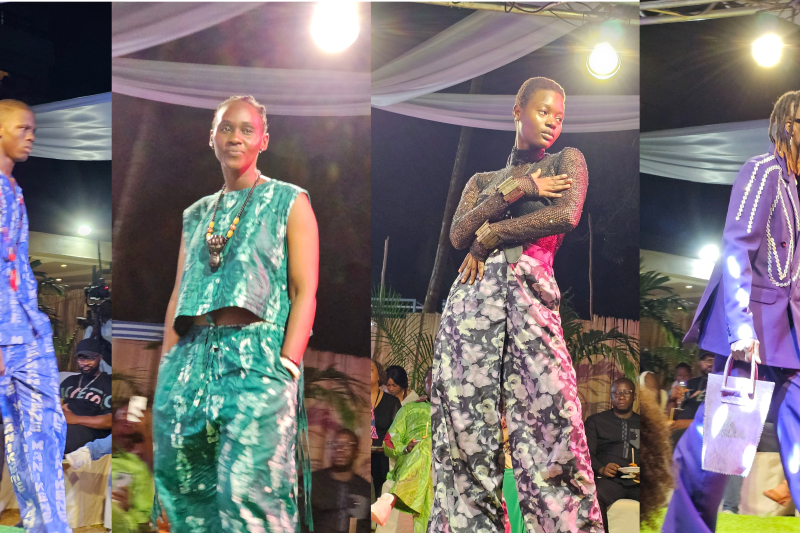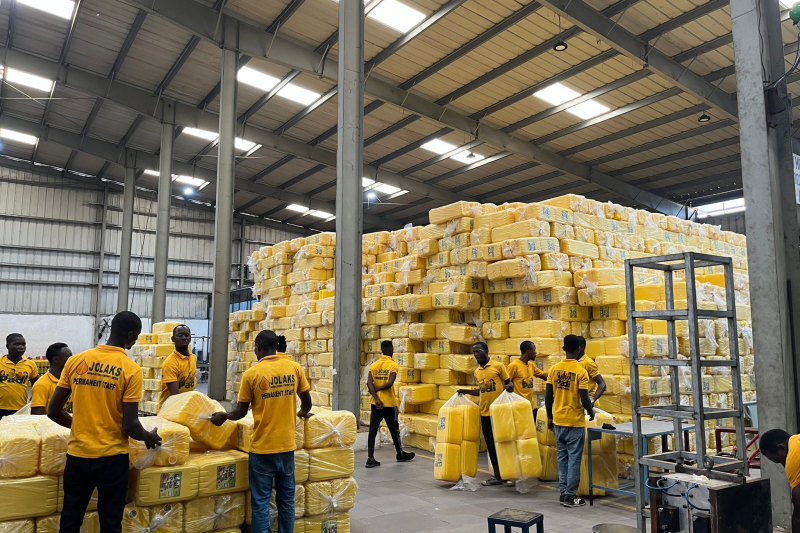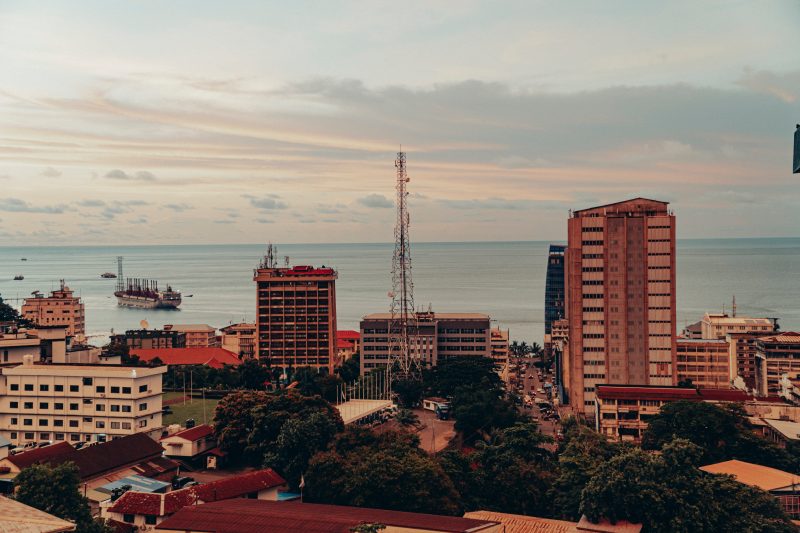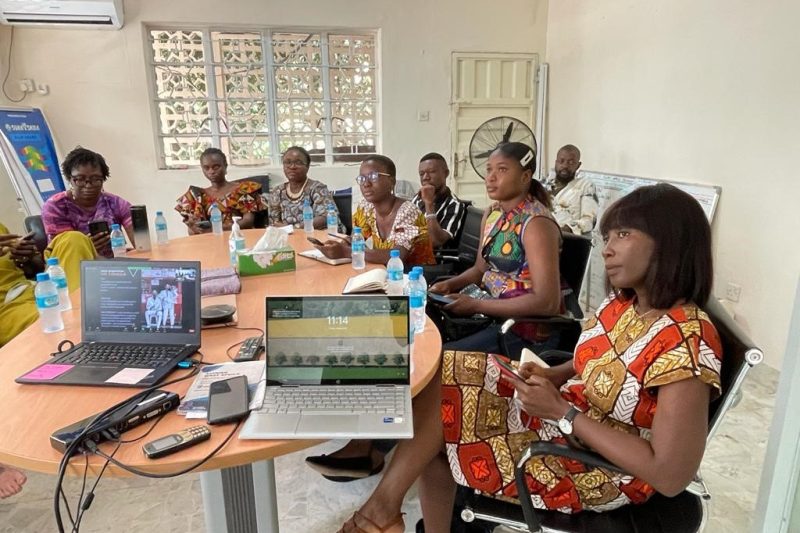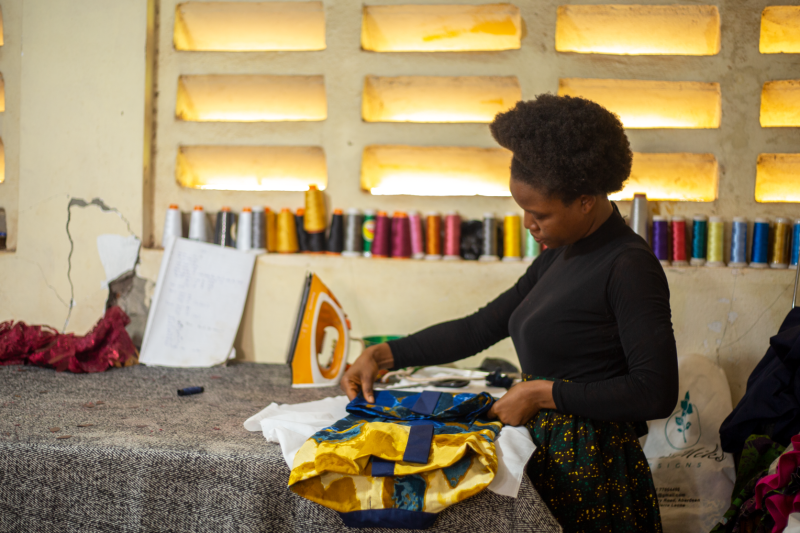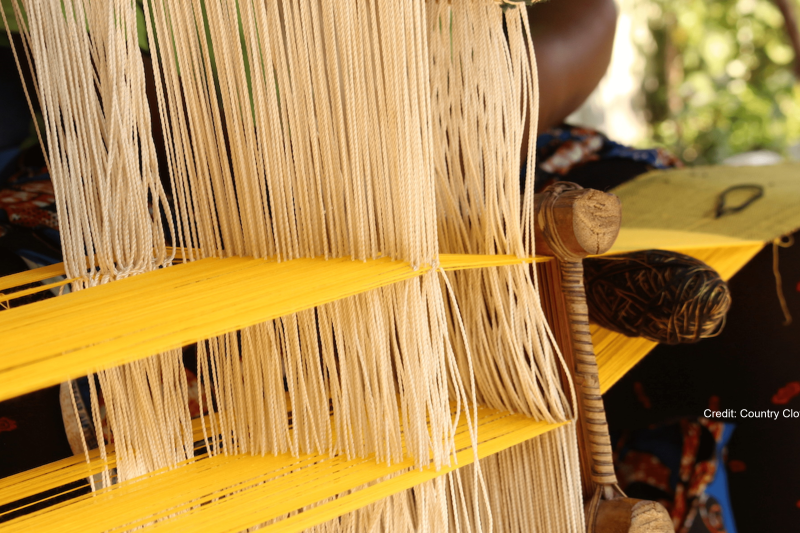The ‘Made in Salone’ series continues this month with a look at how Sierra Leone’s textiles and clothing sector is creating new markets for traditional fabric and design techniques.
Launched by Invest Salone, ‘Made in Salone’ aims to showcase market development, structural socio-economic change, and job creation in key industries in the country.
The videos show how businesses like Madam Wokie, Bivamiks, IZELIA and the Country Cloth Initiative are championing their heritage by giving a contemporary twist to classic Sierra Leonean textiles and techniques, as well as training a new generation in weaving and dyeing skills.
Gara (a form of tie-dye) is particularly notable among the fabrics which have captured a new audience at home and abroad. Although Gara has always played a part in Sierra Leonean culture, contemporary colours and techniques have reignited interest and brought it back into fashion.
One of gara’s most enthusiastic innovators is Mary-Ann Kai Kai, creative director of Madam Wokie, who believes that Sierra Leonean fashion has a powerful story to tell: “There’s a big trend nowadays for gara. We began playing with the patterns and using brighter colours. People saw and liked them and that led to an increase in demand,” she explains.
Marie Carrol of Bivamiks, another heritage textile enthusiast, has given Sierra Leone’s traditional hand-woven country cloth a renewed lease of life by tie-dyeing it in more vibrant colours. “I believe country cloth is one of the ways we can really showcase Sierra Leone in the international fashion and design industry,” she says.
Within the sector, training and job creation have emerged as key issues, with several designers turning their attention to ensuring the industry plays a greater role in skills development and employment, especially for women and young people.
Mary-Ann Kai Kai runs a training school where a new generation is learning tailoring and the art of gara. Many of the women she has trained have more than one job and use the skills they have learned as an important source of added income.
Projects like the Country Cloth Initiative promote cotton farming and also create opportunities for economically disadvantaged weavers through skills training and creating new markets for their products.
Isatu Harrison, Creative Director of fashion brand IZELIA, thinks it is important that the job creation potential of the fashion and textiles sector in Sierra Leone is recognised. “If we paid a little more attention to the potential of the industry to create jobs, it would have real benefits for communities and the wider economy,” she says. Her company directly employs around 150 women and young people, and it sources gara and other fabric from women’s cooperatives in Makeni and Freetown. “We support hundreds of women and families, because every person you employ is probably supporting several more,” she adds.
As part of its work to encourage economic diversification in Sierra Leone, Invest Salone is working with the fashion and fabrics sector to help fashion firms become more internationally competitive and gain a foothold in Africa’s growing share of the US$1.5 trillion global textiles and clothing industry. Avril Pratt, the consultant leading the initiative for Invest Salone, says: “The clothing and textiles industry is one of the largest sectors in Africa after agriculture. Sierra Leone’s rich story of fabric creation has real potential to create economic transformation, grow competences and productivity, and create opportunities for those who are at the bottom of the economy.”
To find out more, view the ‘Made in Salone’ video series here.

